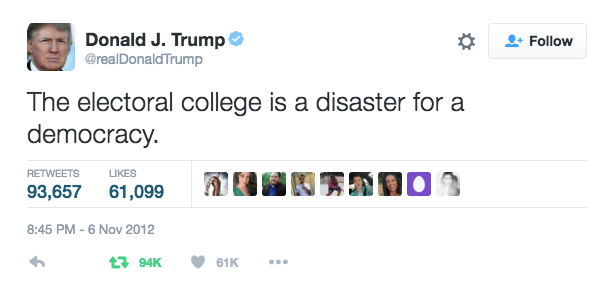Jungibaaz
RETIRED MOD

- Joined
- Jul 4, 2010
- Messages
- 8,756
- Reaction score
- 113
- Country
- Location
The UK does not have a written Constitution, but USA does. That is a key difference. Both countries still have many safeguards against the rise of fascism, given that their societies, despite popular diatribes here on PDF, basically remain open and fair. That is the best inoculation by far.
The Weimar Republic had many checks and balances against tyranny too, and also a very well written constitution. They had multiple forms of representation, the President was elected by the people, the Reichstag was by PR, and the Reichsrat was based on regions, and the constitution was extensive, the only weaknesses were Article 48 that allowed too much power to the President and the weird power structure between Chancellor and President. But Hitler had no issues undermining all of it through the Enabling Act that included getting rid of things as fundamental as habeus corpus.
Look, obviously we aren't where Weimar Germany was, but our democracies are functioning properly anymore. They're functioning more like oligarchies in practice, if not in name. And when times are tough people will abandon the establishment in droves for an alternative. So while I'm not claiming a Hitler reincarnate is about to rise up in either case. There is a threat of further deterioration of the current climate that could pave the way for a fascist.
Right now, with Brexit, I see people who voted leave who seem gleeful about the prospect of the collapse of the EU. Without a care for what damage it will do to their pocket, and more importantly what kind of a political climate a stagflationairy and deflationary Europe will develop as a result.
You're right to say that checks and balances are essential, that they're not just the reason for the success of nations but also insurance policies on what could occur during the worst of times. I'm saying we've not had it this bad in our countries in a while, and these safeguards aren't there to make us complacent.




 They're both mentally unstable.
They're both mentally unstable. 





